Future Scope & Benefits for Master of Science (M.Sc) Agriculture Course
The
Master of Science (M.Sc) in Agriculture is a postgraduate degree program that focuses on advanced studies and research in various aspects of agriculture and related fields. It is a comprehensive course that equips students with the knowledge and skills required to excel in the agricultural sector, which is essential for addressing the challenges of food security, sustainable agriculture, and environmental preservation. In this article, we will delve into the future scope and benefits of pursuing an M.Sc in Agriculture.
Future Scope of M.Sc in Agriculture
1. Research and Innovation:
Graduates of M.Sc in Agriculture often find promising opportunities in research and development. They can work on improving agricultural practices, developing new technologies, and finding innovative solutions to enhance crop yields, sustainability, and pest management.
2. Government and Public Sector Jobs:
The agricultural sector is heavily supported and regulated by governments worldwide. M.Sc in Agriculture graduates can find employment in various government departments related to agriculture, such as agricultural extension services, research organizations, and agricultural development boards.
3. Agribusiness and Entrepreneurship:
There is a growing trend towards entrepreneurial ventures in agriculture. M.Sc graduates can establish their own agricultural enterprises, such as organic farming, agro-processing units, or agricultural consultancy services, leveraging their expertise and knowledge.
4. Academic and Teaching Positions:
Many graduates opt for academic careers, becoming professors, lecturers, or researchers in universities and educational institutions. They can contribute to shaping the next generation of agricultural professionals through teaching and mentoring.
5. Consultancy and Advisory Roles:
The need for expert advice in the agricultural sector is on the rise. M.Sc graduates can work as agricultural consultants, offering guidance on modern farming practices, pest control, soil management, and sustainable agricultural techniques.
6. International Organizations and NGOs:
International organizations like the United Nations, Food and Agriculture Organization (FAO), and various non-governmental organizations (NGOs) offer opportunities for M.Sc graduates to work on projects related to agricultural development, food security, and poverty alleviation globally.
7. Biotechnology and Genetic Engineering:
The field of agricultural biotechnology is evolving rapidly. M.Sc graduates can specialize in this area, contributing to the development of genetically modified crops, biofuels, and innovative agricultural technologies.
8. Environmental Sustainability:
With an increasing focus on sustainable agriculture and environmental conservation, M.Sc graduates can work in roles related to environmental impact assessment, climate-smart agriculture, and agroecology.
9. Supply Chain Management:
The management of agricultural supply chains is crucial for ensuring the efficient distribution of agricultural products. M.Sc graduates can work in roles related to logistics, warehousing, and supply chain management in the agriculture sector.
10. Agri-Finance and Banking:
M.Sc graduates can pursue careers in agricultural finance and banking, providing financial services to farmers and agricultural businesses, assessing creditworthiness, and managing loan portfolios specifically designed for the agriculture sector.
Benefits of Pursuing M.Sc in Agriculture
1. Specialized Knowledge:
The M.Sc in Agriculture offers specialized knowledge in various domains such as agronomy, horticulture, soil science, plant pathology, entomology, agricultural economics, and agricultural engineering, providing a well-rounded understanding of the agricultural sector.
2. Skill Development:
The program enhances practical and technical skills, including research methodology, data analysis, critical thinking, problem-solving, and project management, which are essential for a successful career in agriculture.
3. Career Advancement:
An M.Sc in Agriculture is often a prerequisite for higher-level positions in both the public and private sectors. It opens doors to managerial and leadership roles, allowing for career advancement and better earning potential.
4. Networking Opportunities:
During the course, students have the chance to network with professors, fellow students, industry experts, and professionals through seminars, workshops, and internships. This can be valuable for future collaborations and job prospects.
5. Research Opportunities:
The program typically involves a research component, allowing students to conduct in-depth research on relevant topics, contributing to the advancement of agricultural knowledge and technology.
6. Contribution to Society:
Graduates play a vital role in addressing global challenges such as food security, sustainable agriculture, and environmental sustainability, making a positive impact on society and the environment.
7. Job Security:
The agricultural sector is fundamental to human survival, and professionals with expertise in this field are likely to have stable and secure employment opportunities even during economic downturns.
8. Personal Satisfaction:
Working in the agricultural sector can provide a sense of fulfillment and satisfaction, knowing that you are contributing to feeding the world's population and ensuring a sustainable future.
9. Global Opportunities:
The knowledge and skills acquired during the M.Sc program open doors to job opportunities not only in one's home country but also internationally, especially in countries with a strong focus on agricultural development.
10. Diverse Career Options:
The M.Sc in Agriculture is versatile, offering a wide range of career options in various domains within the agricultural sector, allowing graduates to choose a career path that aligns with their interests and goals.
 2 Years
2 Years
 Post Graduate
Post Graduate
 Agriculture
Agriculture


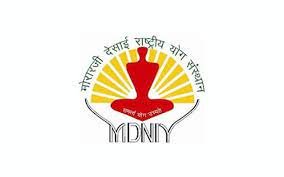
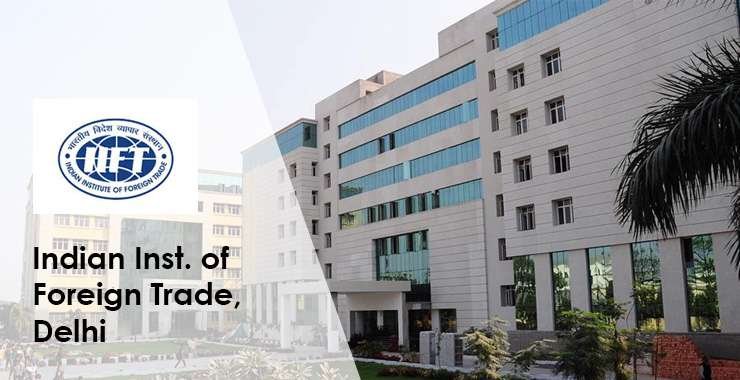
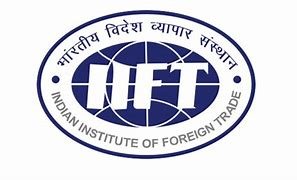
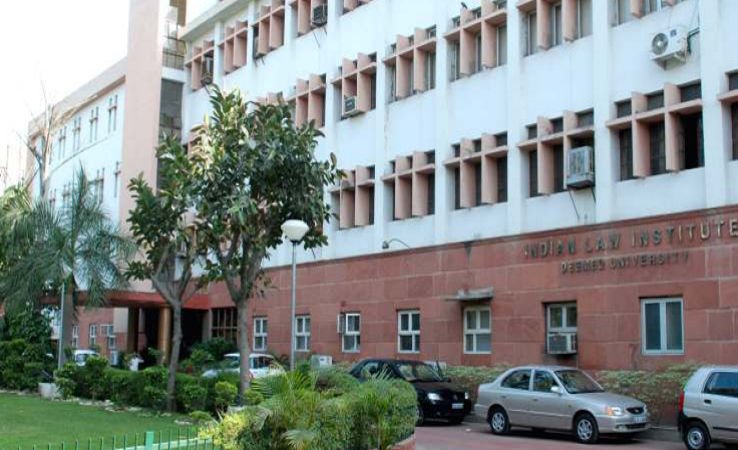
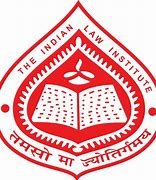
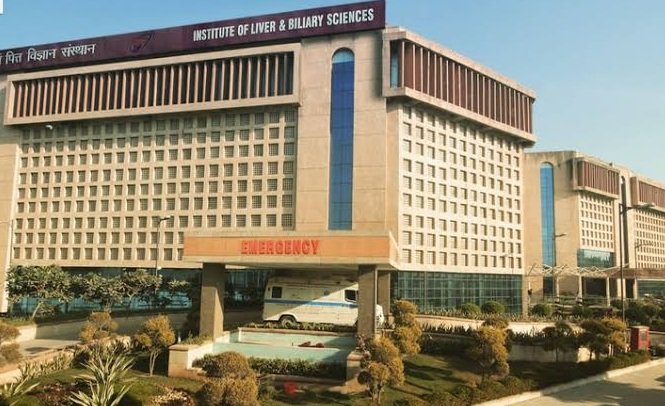

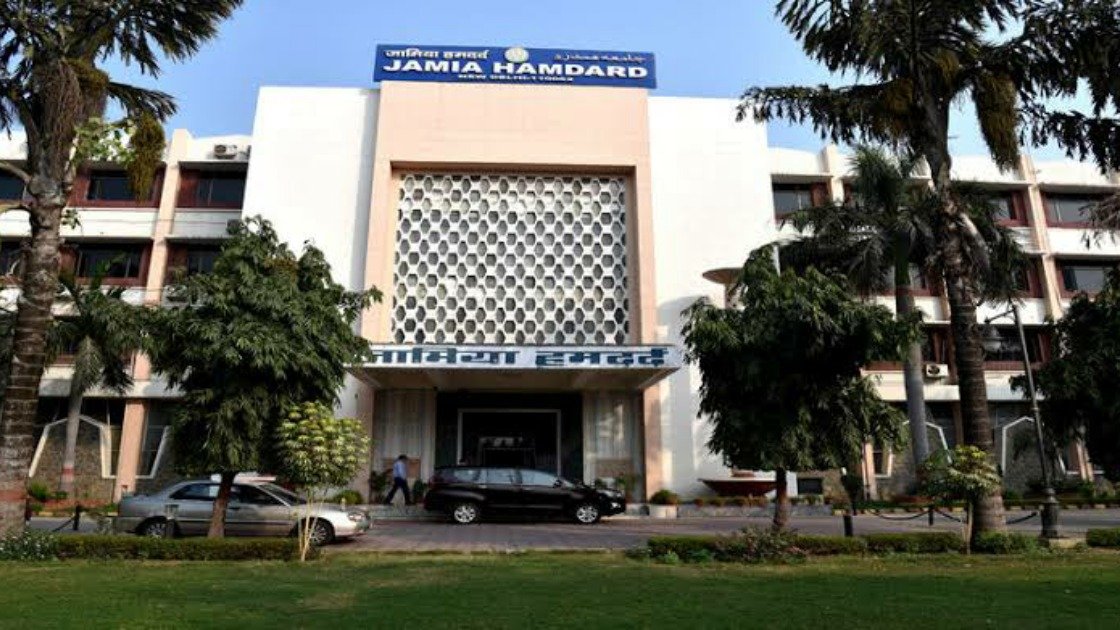

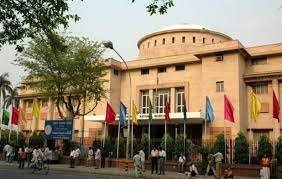
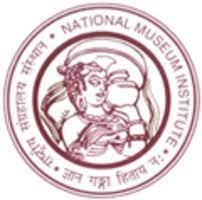

 back
back

